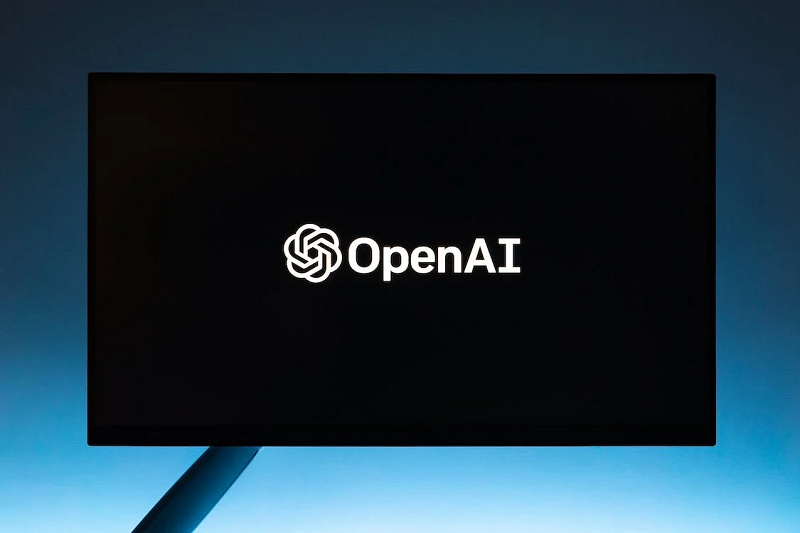Artificial intelligence (AI) is one of the most powerful and impactful technologies ever developed. It has the potential to revolutionize and disrupt almost every aspect of our lives, from healthcare and education to warfare and commerce. As with all powerful technologies, AI comes with risks and challenges that we need to be aware of and address.
What are the dangers of AI?

AI is not inherently good or evil, but it can be used for both purposes. Some of the dangers of AI include:
- Cyberattacks and information warfare: AI can be used to hack, manipulate, or destroy data, systems, or networks, compromising our security, privacy, and democracy. AI can also be used to create or spread false or misleading information, such as deepfakes, propaganda, or fake news, influencing public opinion and behavior.
- Political and social manipulation: AI can be used to influence elections, policies, or social movements, by targeting specific groups or individuals with personalized messages or ads, or by creating bots or trolls to amplify certain narratives or agendas.
- Weaponization and violence: AI can be used to create or control lethal autonomous weapons, such as drones, robots, or missiles, that can kill without human oversight or accountability. AI can also be used to incite or escalate conflicts, by provoking hatred, fear, or violence among different groups or countries.
- Job displacement and unemployment: AI can replace human workers in many sectors and industries, such as manufacturing, transportation, or retail, leading to mass unemployment and social unrest. AI can also create new forms of inequality and discrimination, by favoring certain skills, backgrounds, or regions over others.
- Loss of control and autonomy: AI can become uncontrollable and unpredictable if it surpasses human intelligence and abilities. AI can also become self-aware and self-improving if it develops artificial general intelligence (AGI) or artificial superintelligence (ASI), potentially posing an existential threat to humanity.
How can we avoid them?
Some experts argue that the dangers of AI may be inevitable or insurmountable. They argue that the technology will inevitably be used for evil and will overtake human control. Others insist we can avoid the worst case scenarios by taking proactive and collaborative actions, such as:
- Regulating and governing AI: By establishing clear and enforceable rules and standards for the development and use of AI that respect human rights, values, and ethics. We could ensure that AI is aligned with our goals and interests, and that it is accountable for its actions and impacts.
- Educating and empowering people: By raising awareness and understanding of the benefits and risks of AI among the public and policymakers, we could equip people with the skills and knowledge they need to use AI responsibly. This could foster a culture of trust and cooperation among all stakeholders involved in AI.
- Innovating and improving AI: By advancing the science and technology of AI in ways that are safe and beneficial for humanity to ensure that AI is robust, reliable, and explainable. More work is needed to explore the ethical and social implications of AI before deploying it in real-world settings.
AI is a double-edged sword that can bring great benefits to, or threaten the very existence of humanity, depending on how we use it.










